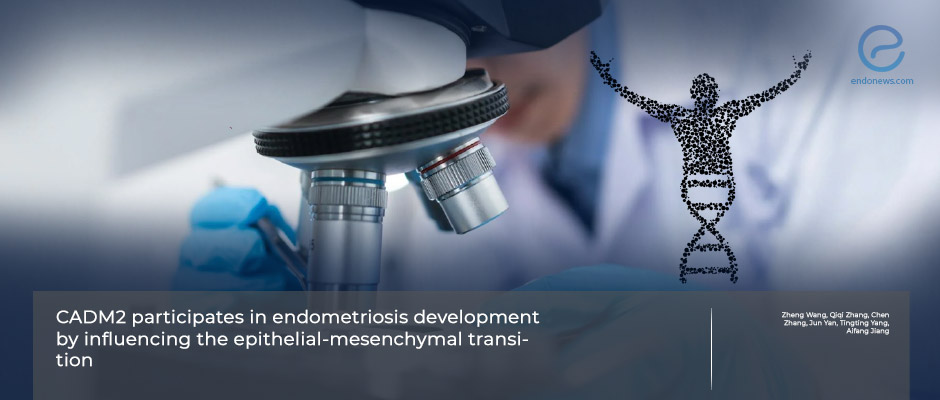Study Sheds Light on Molecular Mechanism of Endometriosis Development
Cell adhesion molecule 2 (CADM2) may inhibit the development of endometriosis, according to a new study published in the scientific journal Reproductive Sciences. It may do so by suppressing epithelial-to-mesenchymal transition. A better understanding of the mechanism underlying the development of…
Key Points Lay SummaryPeritoneal endometriosis and Peritoneal Immunity
The peritoneum is an important immune barrier where, under normal conditions, it is balanced. External stimuli cause pro-inflammatory responses. To bring balance to this undesired situation, anti-inflammatory factors come into play. However, in patients with endometriosis, cytotoxicity of T lymphocytes,…
Key Points Lay SummaryThe enhanced invasiveness, migration and the development of adenomyosis: Importance of M2 macrophages
Adenomyosis is the ectopic presence of endometrial stromal and glandular cells inside the myometrial tissue. Adenomyosis is diagnosed in women with gynecological problems with an incidence of 20%, although it is encountered much more frequently in hysterectomy specimens. Among many…
Key Points Lay SummaryA novel target proposal in endometriosis: Phoenixin
As well as being a hormone-dependent reproductive system disorder, endometriosis is known to be multifactorial, which makes its etiopathogenetic mechanisms even harder to understand. Many new targets have been vastly evaluated with the hope of finding a new diagnostic test…
Key Points Lay SummaryIL-33 Polarize Peritoneal Macrophages for Endometriosis Growth
M2 type macrophages are the most common type of macrophages found in endometriosis and they enhance the development of endometriosis lesions. The key factors that stimulate macrophages to polarize towards M2 and contribute to the increased endometriosis lesions remain to be…
Key Points Lay SummaryM1 and M2 macrophages in ovarian endometriomas
Macrophages play an essential role in the immune response during inflammation and have been implicated in diseases such as inflammatory conditions and cancers. Broadly, macrophages are classified into M1 and M2. The M1 macrophages are pro-inflammatory, and in contrast, the…
Key Points Lay Summary
 By Özge Özkaya
By Özge Özkaya

 By Selma Oransay
By Selma Oransay

 By Hale Goksever Celik
By Hale Goksever Celik

 By Eylül GÜN
By Eylül GÜN

 By Nadire Duru
By Nadire Duru

 By Yu Yu
By Yu Yu